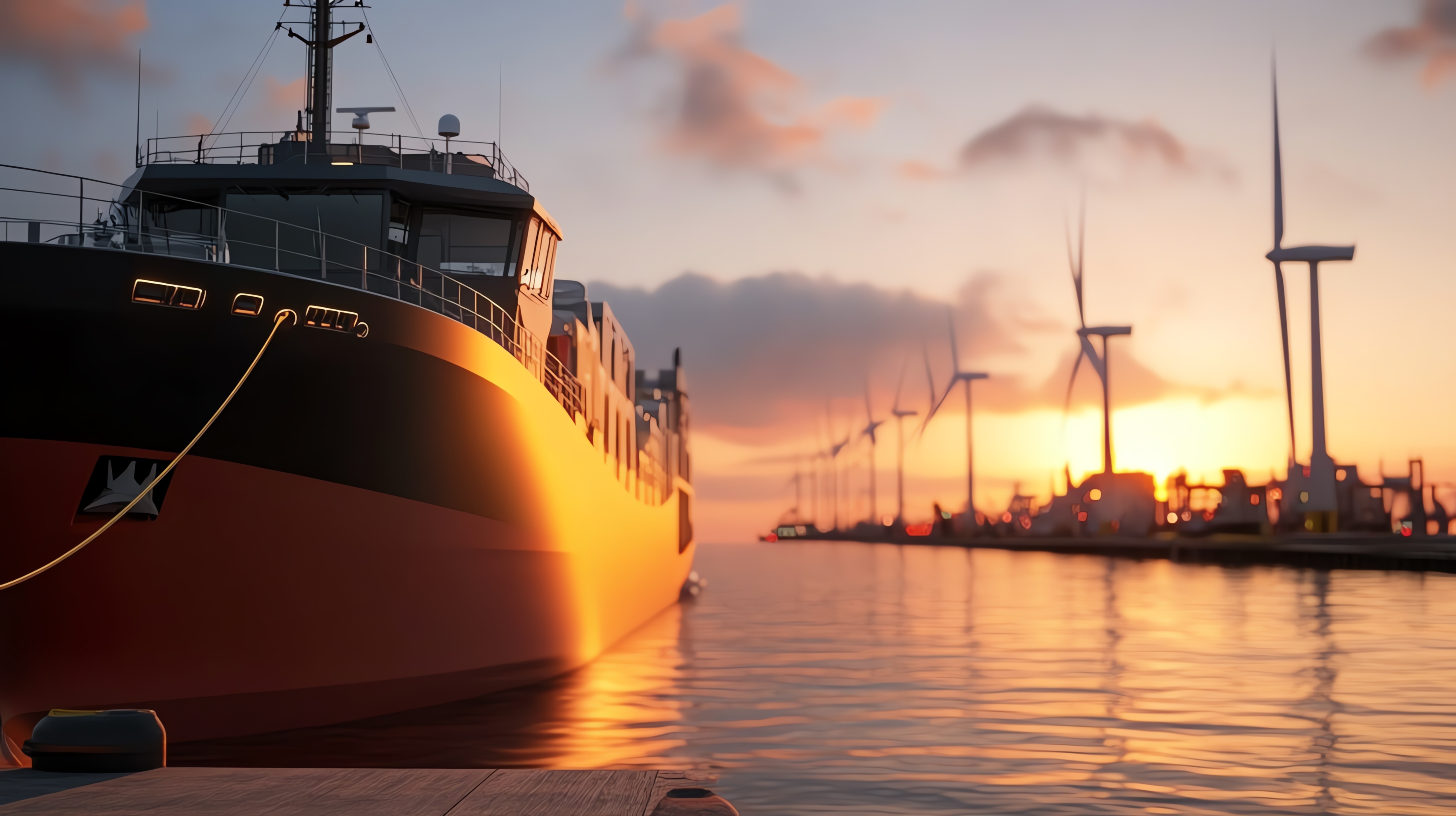
Commercial diver working on a recreational vessel could not take advantage of LHWCA exception where plaintiffs failed to demonstrate State Workers’ Compensation Cover.
Facts
Luis Gorgonio Ixba, a commercial diver, was tragically killed when a crewmember onboard the M/V HONEY activated a bow thruster of a 164 foot yacht while Mr. Ixba was cleaning the vessel’s hull. Mr. Ixba’s Estate filed a wrongful death lawsuit in Florida state court alleging negligence of vessel owner and the crew of the M/V HONEY, but a subsequent Limitation of Liability Action was filed by the vessel owner and the case was brought into the Southern District of Florida.
The vessel owner asserted that the diver was covered under the Longshore and Harbor Workers’ Compensation Act (LHWCA) 33 U.S.C § 905(b), and therefore the vessel’s duties were controlled by Scindia Steam Navigation Co. v. De Los Santos, 451 U.S. 156 (1981) (1). The lower court agreed and found that the vessel owner owed no duty to the diver because “[n]ot only did the diver fail to notify anyone on the vessel of his presence or work operations, he submerged himself under the water—he became invisible to the crew.”
Judgment
On appeal before the Eleventh Circuit, the plaintiffs argued that the decedent-diver was not covered under the LHWCA because there is an exception for workers engaged in repairing a recreational vessel pursuant to section 902(3)(f). The plaintiffs were attempting to have the general maritime law of reasonable care apply instead of the Scindia duties.
In its defense, the vessel owner maintained that the aforementioned exception was only applicable if the worker was covered under a state’s workers’ compensation law. The Eleventh Circuit affirmed the lower court’s decision noting that there was no evidence that the claimant was covered by a state workers’ compensation law.
Comments
This case shows the limits to the aforementioned exception for workers engaged in repairing a recreational vessel, under the LHWCA. More broadly however, the case shows the value in a vessel owner successfully asserting that a claimant falls under 905(b) thereby narrowing the duties that the vessel owes to claimants.
Footnotes
(1) There is the turnover duty whereby a vessel owner “owes a duty to exercise ordinary care under the circumstances to turn over the ship and its equipment in such condition that an expert stevedore can carry on stevedoring operations with reasonable safety.” The vessel owner must also warn of latent or hidden dangers known to the vessel owner. Then there is the active control duty, whereby the vessel owner must exercise reasonable care in the areas of the ship under the active control of the vessel. Lastly, there is the duty to intervene, which is said to concern “the vessel owner’s obligation with regard to cargo operations in areas under the principal control of the stevedore.” Howlett v. Birkdale Shipping Co., 512 U.S. 92 (1994)




